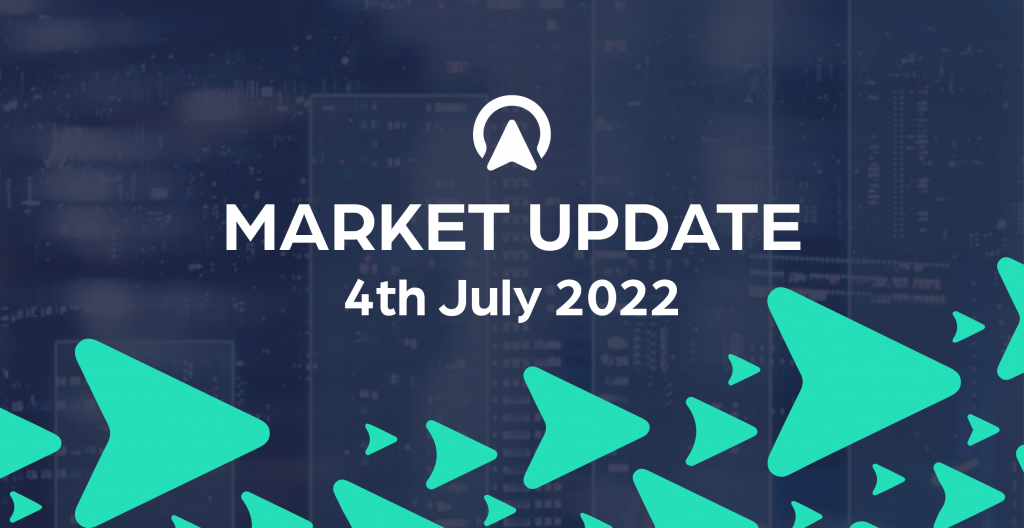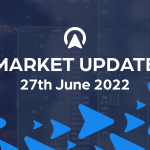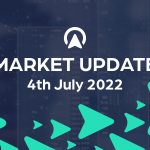
As markets monitor the risk of recession and ever-rising inflation, appetites are falling to new lows. Key indicators are the rising dollar that some analysts believe will eventually reach 110 on the DXY and the falling price of BTC, considered a high-risk asset. The divergence between low and high-risk investments will continue to balloon as the world’s most powerful central banks become increasingly hawkish.
Last week, the monetary policy forum in Sintra, Portugal, hosted the big three, Andrew Bailey, Christine Lagarde and Jerome Powell of the BOE, ECB and FED, respectively. Their messages were clear-cut. They would continue to tighten policy aggressively. Unlike previous economic downturns, the onset of covid has produced a combination of shocks that make the market increasingly difficult to predict. Broken supply chains in China, the great resignation /work from home and geopolitical shocks like the war in Ukraine have changed the structure of the global economy.
We now face a significant bank-triggered economic slowdown that may descend into a full-blown recession if inflation is to be beaten, and preventing it from becoming “entrenched”.
The narrative remains the same. The dollar is king until the ECB becomes aggressive enough to lift rates above 0% and begin to close the gap. The ECB is due to make a historic interest rate hike this July, the first in nearly a decade, whilst there are rumours that the FED may produce another historic 0.75pt hike too. In between the rate hikes, investors will monitor any recession data, which may prevent central banks from raising rates. On the contrary, the BOE may skip a hike altogether to avoid officially letting the UK become the first G7 to fall into a recession.
Upcoming Events
Wednesday
EUR Retail Sales (YoY)(May)
USD ISM Services PMI(Jun)
USD FOMC Minutes
Thursday
USD ADP Employment Change(Jun)
Friday
USD Nonfarm Payrolls(Jun)




